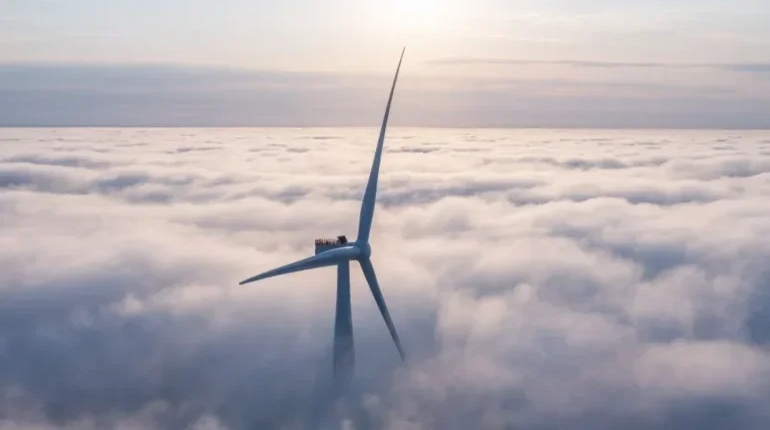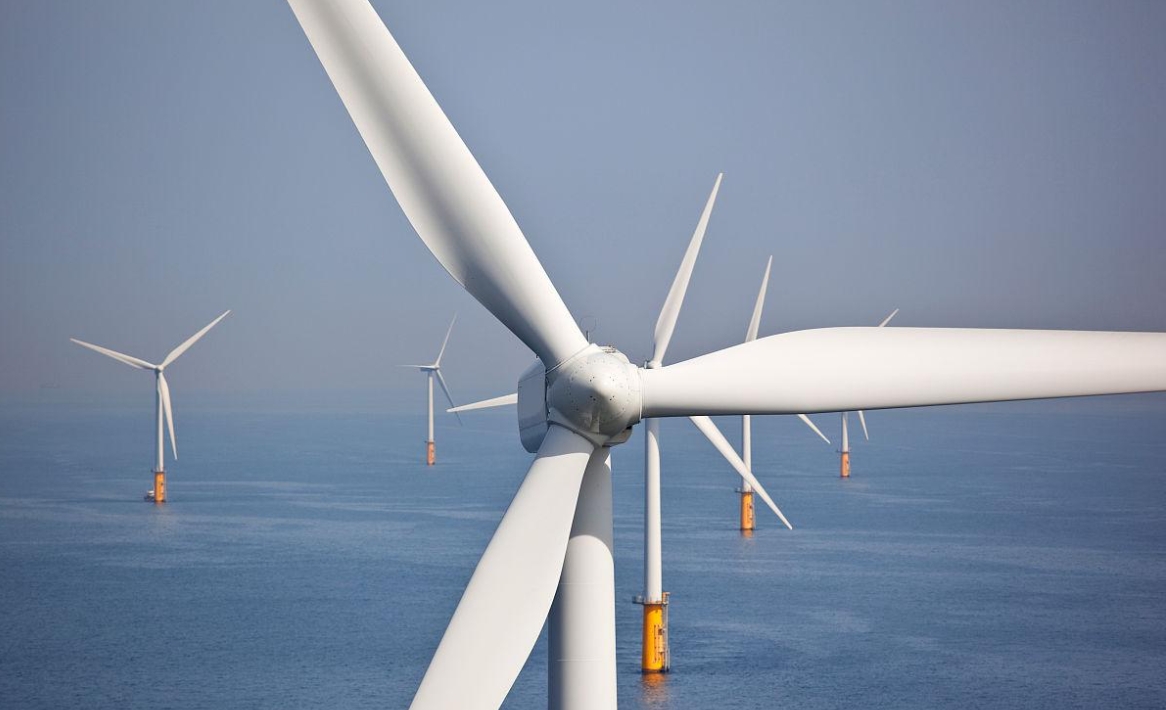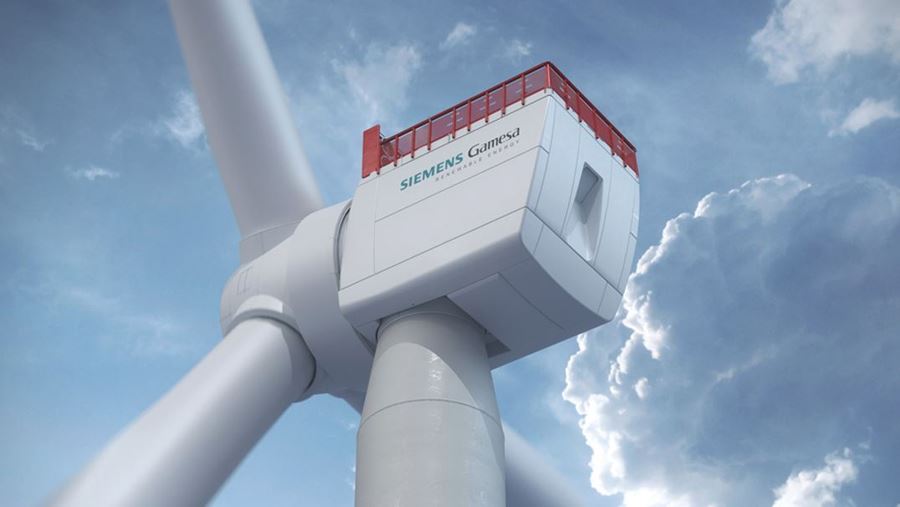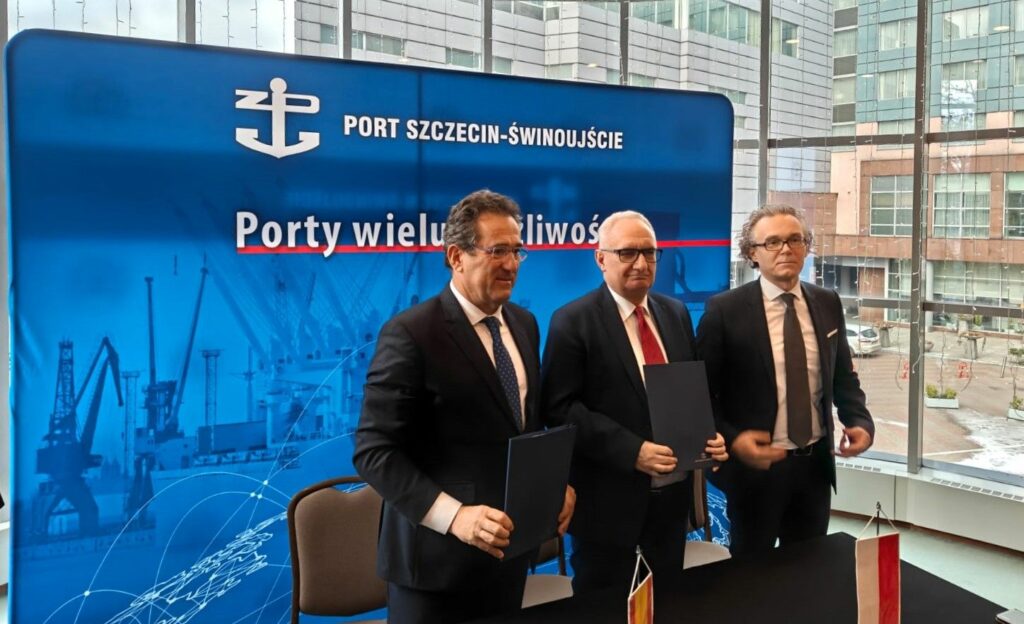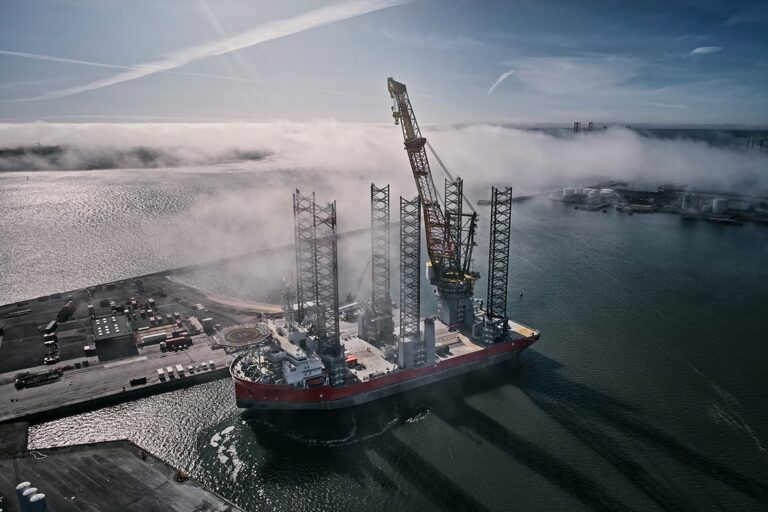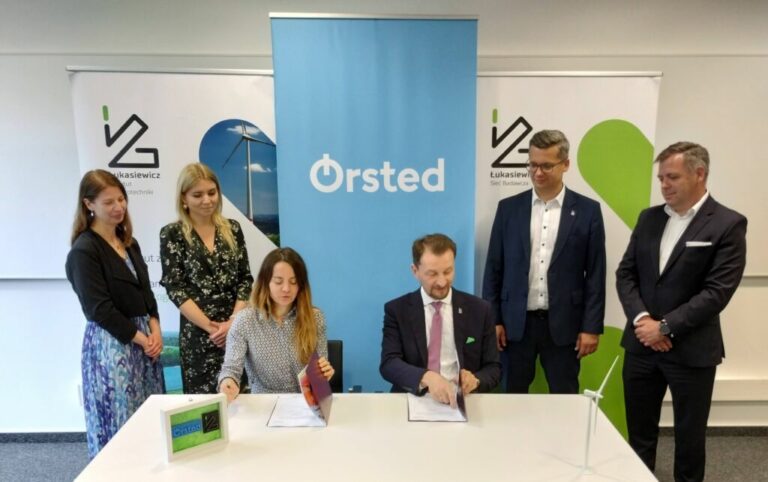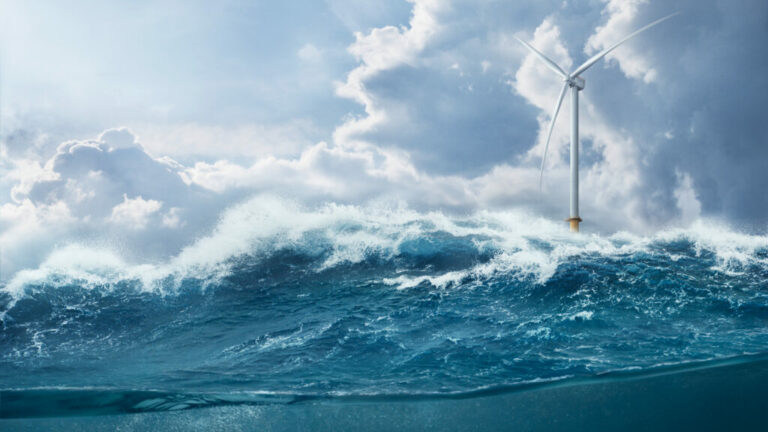Current Crisis Could Slow Down Geothermal Development in Italy for the Next Two Years
22 Aug 2020 by Alexander Richter
Before the arrival of the pandemic the geothermal sector – for the production of electricity as well as heat – was in great shape in Europe and in the world, but in the short term Covid-19 could limit growth prospects. This is documented by the Renewable market update – Outlook for 2020 and 2021 published by the International Energy Agency (IEA) and described in an article by Greenreport in Italy.
The report explains that “renewable energy sources have so far shown impressive resilience despite the blockages and changes caused by the coronavirus pandemic, with their share of the electricity mix increasing in many markets. But the world is set to add 167 GW of renewable energy capacity this year, 13% less than in 2019 ”. A slowdown that reflects delays in construction activity due to supply chain disruptions, blockages and social distancing measures, as well as emerging funding challenges.
Difficulties with which the world of geothermal energy will inevitably have to deal. In this regard, the IEA observes that in 2019 the new geothermal capacity installed in the world reached 0.8 GW, or “the highest level ever recorded”, testifying to the growing interest in these technologies. Turkey, Indonesia and Kenya contributed largely to this increase, together accounting for three quarters of the global additional capacity. The IEA predicts that these three countries will continue to lead geothermal growth in the 2020-2021 two-year period, but the questions raised by the pandemic are not lacking.
“In Turkey and other countries, the Covid-19 crisis is causing delays in the development of plants due to delays in the strategic decisions necessary for the continuation of the projects and the interruption of the global supply chain of machinery. and materials. In Turkey, unless the current support mechanisms planned for the end of the year are extended, the overdue projects that initially should have been operational by the end of 2020 may face financial challenges ”.
For this reason, at a global level, the IEA forecasts regarding the additional geothermal capacity expected in the period 2020-21 have suffered a drop of about 20% compared to the estimates made only in October 2019. But it will not be Covid-19 to determine whether the slowdown will be structural or not, as much as the policies implemented by the states. A problem that does not only concern geothermal energy.
The IEA is in fact convinced that already in 2021 the construction of plants powered by renewable energies should resume sustained growth, because most of the projects that are suffering delays will become operational and the government support policies will continue.
“The resilience of renewable electricity to the impacts of the Covid-19 crisis is good news, but it cannot be taken for granted. Countries continue to build new wind turbines and solar plants, but at a much slower pace – summarizes the executive director of the IEA, Fatih Birol – Even before the Covid-19 pandemic hit it, the world should have accelerated significantly. use of renewable energies to have the opportunity to achieve its energy and climate goals. In the midst of today’s extraordinary health and economic challenges, governments must not lose sight of the essential task of intensifying clean energy transitions to allow us to exit the crisis on a safe and sustainable path ”.
An observation that also closely concerns the Italian geothermal sector, which has been waiting for years for the restoration of the incentives for geothermal activity canceled by the Fer 1 decree (Italian renewable energy scheme regulation) and still waiting to be re-inserted within the Fer 2 (follow up regulation).

